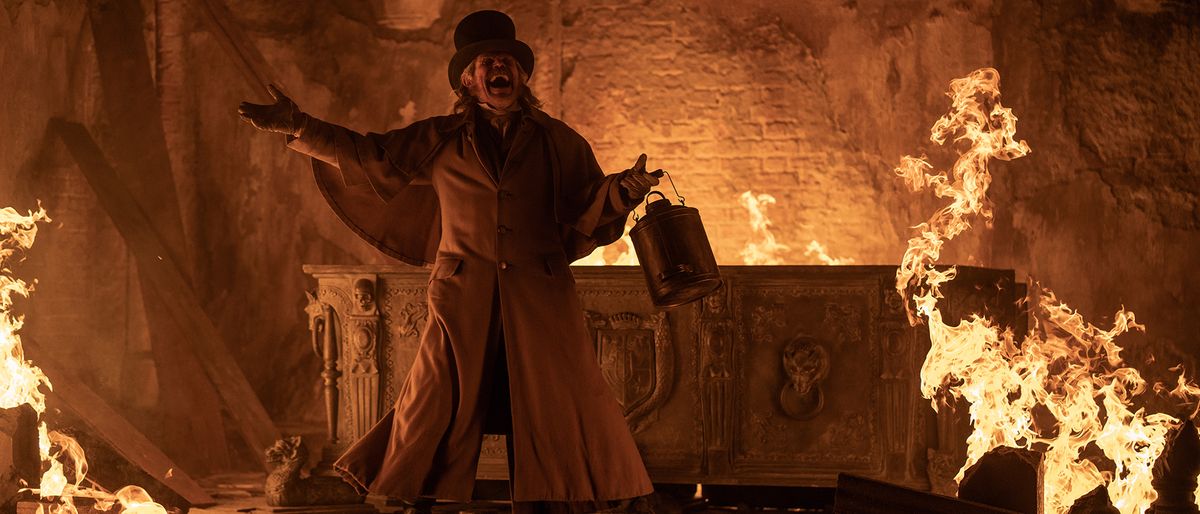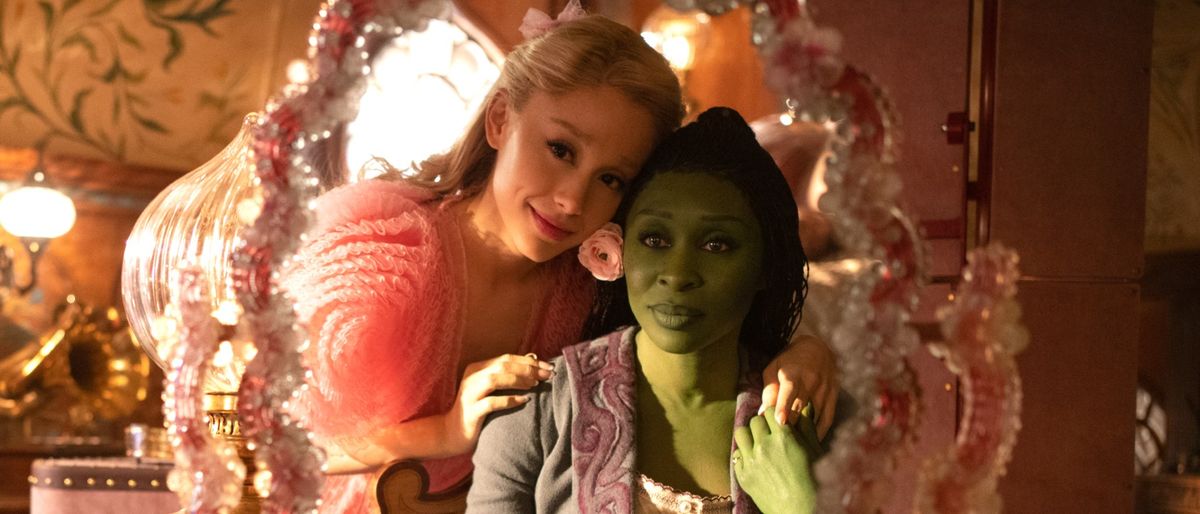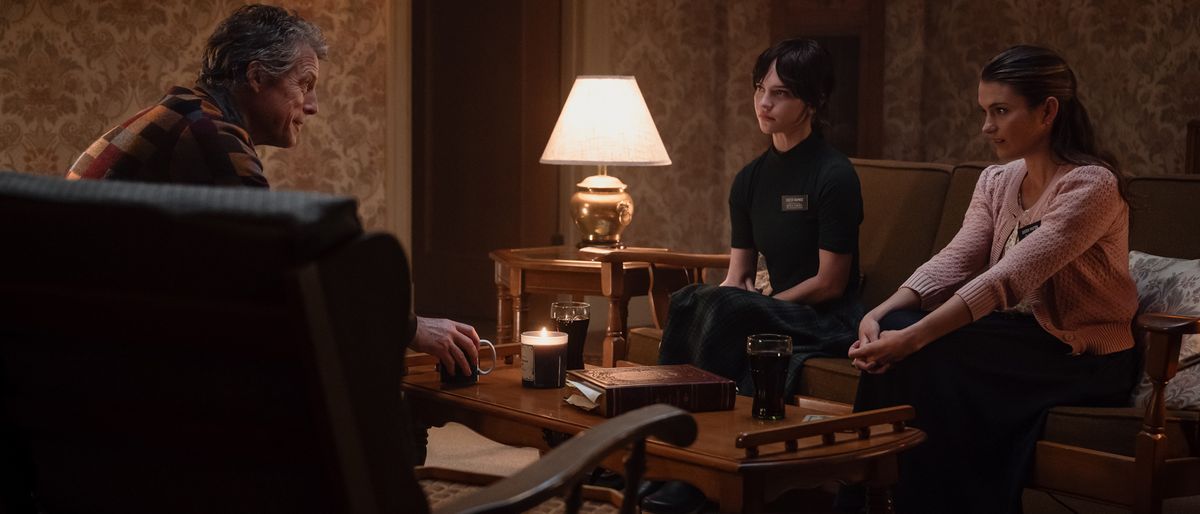
A pointy-tongued, power-blazer-wearing Emma Thompson mixed with Mindy Kaling’s inherent earnestness and a Hugh Dancy rogue look can not absolve Late Night. Directed by Nisha Ganatra and written by Kaling, the movie waters down gender points within the office with perfunctory laughs and a melodramatic plotline.
Thompson performs Katherine Newbury, a seasoned, late-night speak present host whose profession is jeopardized by her personal indifference and complacency towards her viewers. Only the specter of her present’s cancellation invigorates her to change up the writers’ room. Kaling’s character, Molly, is introduced on because the “diversity hire” to assist mitigate Katherine’s anti-feminist picture. This is only the start of Late Night’s awkward, if not downright absurd, remedy of a lady energy narrative. Katherine is the one feminine late-night host, and has held her place for many years. Oddly sufficient, Katherine doesn’t appear to love different ladies, nor has she mentored different females within the business. The movie falls flat in encouraging us to root for such an individual.
What’s much more upsetting is how Late Night doesn’t actually showcase the comedic expertise of girls. In truth, it really works laborious to indicate the feminine characters in heightened polarities. Katherine is stone-cold, no nonsense, and says what she feels irrespective of who she hurts. Molly, conversely, is portrayed as an emotional wreck at any time when somebody hurts her emotions, crying within the lavatory and even underneath her desk. Maybe these characterizations may have panned out if their true core identities as comedians would have shined on this movie. But they don’t. Only certainly one of Molly’s written jokes is even talked about in the complete narrative; the remainder of her jokes are simply one-offs in conversations with aspect characters. But they lose their punch as soon as it’s slowed down within the overdramatic story arcs. In specific, nice concern is proven for Molly’s doomed relationship to fairly boy Charlie (Hugh Dancy) or her idolization of her older boss, when each make it clear that they’re solely utilizing her with no regard for her comedic abilities in any actual method.
Katherine is handled in a lot the identical vogue, in that her comedy is a footnote to her bigger, theatrical story arc. She solely does one unfunny stand-up routine aside from any bits for her speak present. Filmmakers draw agonizingly awkward consideration to the truth that she is older and makes Twitter rant jokes void of desirous outcomes. She has a coming-to-Jesus second and realizes throughout the set that her comedic complacency is the actual drawback. Again, this doesn’t make us the viewers chuckle; it solely makes them understand the emotional journey she’s on. Preferably, the filmmakers would have invested their time extra correctly by investing in Katherine herself. She must be so painstakingly humorous, even in her cruelty and complexity, that we settle for or ignore her faults. Unfortunately, because the humor dies out, her faults change into an increasing number of obvious.
Essentially, Late Night panders to a really particular viewers. It goals exactly for the “lowest common denominator” viewers, one thing the movie’s characters even talk about not doing to their very own viewers. It’s nearly like seeing massive neon indicators and lights and billboards all pointing the way in which to the subsequent beat within the joke or the subsequent battle arising. But humor doesn’t have to be spelt out in daring with exclamation factors on the finish. It merely must take us off guard, which Late Night persistently fails to do.
Source


